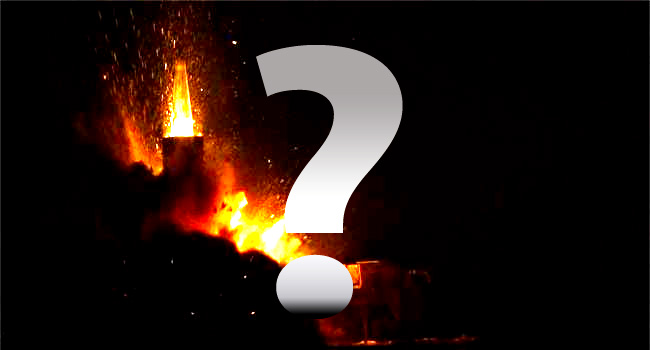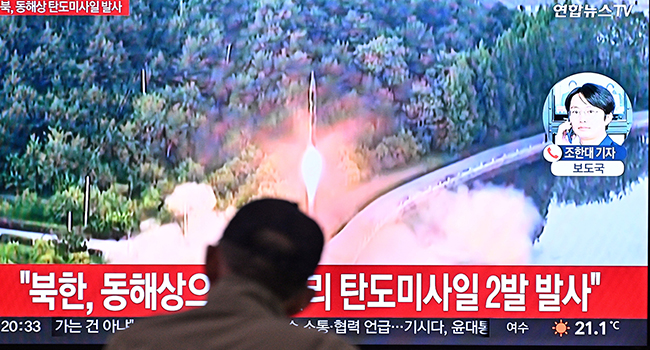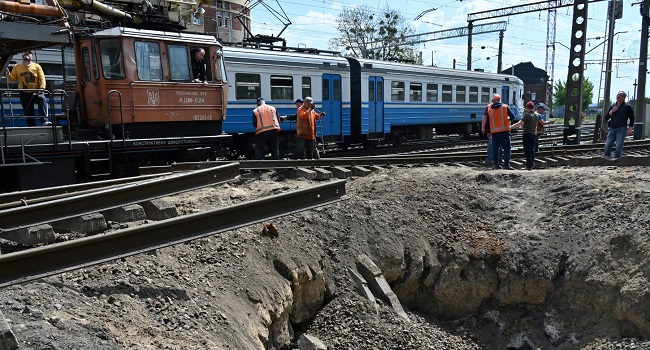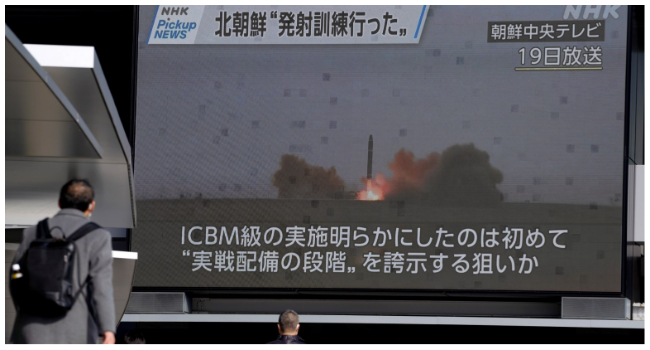
Around 90 percent of the world’s nuclear weapons are held by the United States and Russia, with the remainder in the hands of another seven countries including the latest entrant to the club, North Korea.
The North Korean leader Kim Jong-Un said Wednesday that his reclusive country had completed its “state nuclear force” with the test of a long-range missile able to deliver a nuclear warhead anywhere in the United States.
Out of an estimated 15,000 weapons around the world, around 4,000 are currently deployed and ready to be used, according to figures from the Federation of American Scientists.
The United States is the only country that has ever used nuclear weapons, on August 6 and 9, 1945, on the Japanese cities of Hiroshima and Nagasaki, where some 140,000 and 70,000 people died respectively.
Since 1970, when the nuclear non-proliferation treaty (NPT) entered into force, five declared nuclear powers — the US, Russia, France, Britain and China — agreed not to sell or transfer their weapons technology to other countries.
Other signatories of the treaty — there are 191 in total — also agreed not to pursue a nuclear weapons programme.
Some countries abandoned their nuclear ambitions at around the time of the treaty, including Sweden (1968) and Switzerland (1969), while others have since dropped their programmes such as South Africa (1991) and ex-Soviet republics.
– ‘Illicit trade’ –
Despite the NPT, four other countries managed to develop their own nuclear capability: India, Pakistan and Israel, which never signed the treaty, and most recently North Korea, which pulled out of the treaty in 2003.
A number of scientists are suspected of taking part in the illicit trade of nuclear secrets including Abdul Qadeer Khan, considered the father of Pakistan’s bomb who admitted to being in contact with Iran, Libya and North Korea in 2004.
Iran was suspected of trying to develop its own nuclear weapons capability over the last two decades, which top world powers feared would lead to an atomic arms race in the Middle East.
In 2015, Tehran signed a deal agreeing to inspections and promising that it would use nuclear technology only for energy or other civilian purposes in exchange for the lifting of international sanctions.
US President Donald Trump is set to decide by October 15 whether to stick with the deal, which his Western allies insist is the only way of containing the threat. He once called it “the worst deal ever”.
AFP



